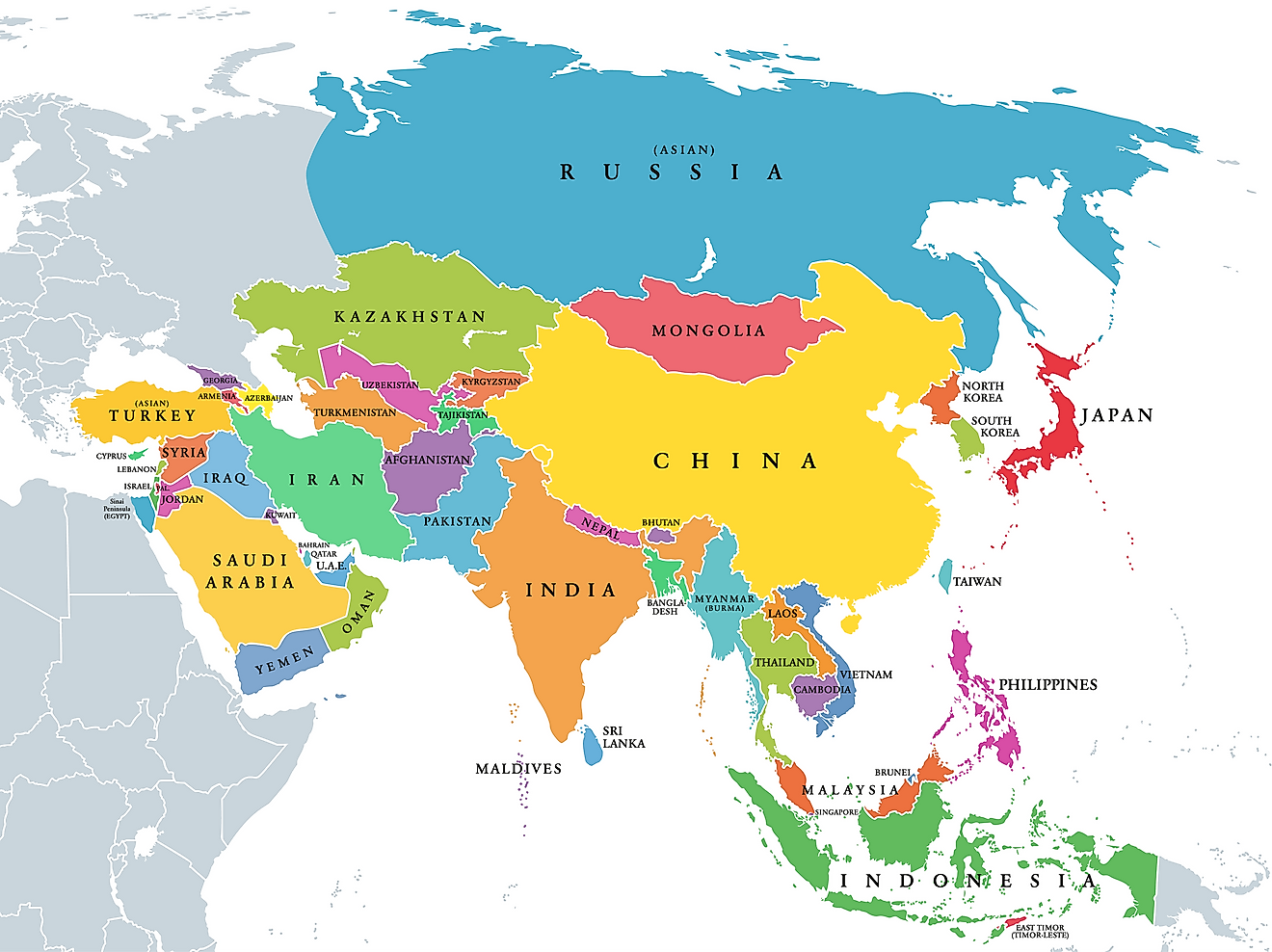Is Isis A Country?

ISIS or ISIL is a terrorist organization operating in several countries. It is not a country itself. A country is defined as a region in political geography that has a distinct national identity and government, and the country should also be able to exercise independent legal jurisdiction. ISIS is therefore, not a country because it lacks legal jurisdiction over the territories it controls. The terrorist organization uses sharia law to govern its territory and establish a society mirrors the ancient society.
International Notoriety
The group gained international notoriety by conducting numerous gruesome executions such as crucifixions, beheading, and burning people alive. ISIS also uses modern social media platforms for recruitment and to promote religious fundamentalism. The group has also destroyed some ancient holy sites despite claiming to restore ancient Islam in the region. In 2014, the terrorist group was in control of an estimated 34,000 square miles in Iraq and Syria with the group earning millions of dollars in revenue from smuggling, oil production, taxation, selling ancient artifacts and extortion.
Formation Of ISIL
The terrorist group was formed in 1999 by a Jordanian Jihadist Abu Musab al-Zarqawi. Zarqawi was later killed in June 2006 in a US airstrike. Abu Ayyub al-Masri from Egypt later assumed leadership of the organization, which at the time was known as Mujahideen Shura Council (MSC) made up of mainly six insurgent groups of Sunni Islam. In October 2006, the MSC announced the formation of the Islamic State of Iraq (ISI), which was comprised of six Sunni governorate of Iraq and Abu Omar al-Baghdadi as the emir while al-Masri was announced as the minister of war. There was also a ten members of the cabinet.The terrorist organization was later rebranded as Islamic State of Iraq and the Levant (ISIL) in April 2013 after it declared the merger with Jabhat al Nusra’s terrorist group of Syria, which was associated with al Qaeda group. The organization’s leader Abu Bakr al-Baghdadi had been formally detained in the US-run Camp Bucca in southern Iraq before he was released in 2004. Subsequent infighting between ISIS and al-Nusra prompted AL Qaeda to renounce ties with ISIS on February 3, 2014.
Territorial Expansion
By June 11, 2014, the group had taken control of Tikrit and Mosul displacing millions of people, and the group also managed to take control of the Syrian border town of Al-Qaim and three other Iraqi towns in the same month. In July 2014 the group had managed to seize the largest oilfield in Syria which would become a crucial source on revenue and take control of many Syrian towns between Deir Ezzor and the Iraqi border. The group also blew up the holy site of Jonah’s tomb in Mosul dating back to the 8th century BC in the same month.
US Intervention
On August 8, 2014, the US President Barak Obama authorized targeted airstrikes to protect US interests and prevent a possible genocide in the region, this was followed by the release of numerous videos showing the beheading of various foreign nationals including James Foley and Steven Sotlof (US journalists) and British hostage Alan Henning. On March 7, 2015, Abubakar Shekar, the leader of Boko Haram, a Nigerian Based terrorist group announced his group’s allegiance to ISIS raising the alarm across the world about the rapid growth of the group's cult. In April 2015 Iraq forces managed to take control of Tikrit with the help of Shiite militia. The victory was however overshadowed by ISIS taking control of Ramadi in Iraq and Palmyra in Syria (May 2015), and this was followed by international terrorist attacks in Kuwait and Egypt (July 2015) and the destruction of antiquities in Palmyra.
ISIL’s Decline
The US struck in 2015 and managed to kill ‘Jihadi John', an infamous member behind numerous beheadings and Abu Saleh, the group’s finance minister, signaling the beginning of the fall of ISIS. Iraqi troops managed to retake Ramadi in December the same year. The victories were followed by terrorist attacks in Paris and Brussels and Istanbul in 2016. US strikes managed to kill the subsequent ISIS finance minister Abd al- Rahman and Abu Muhammad, the ISIS spokesman.By December 2017, ISIS had lost all its territory in Iraq to the Iraqi forces and allied militia and Syrian territory including Raqqa (ISIS Syria headquarters) to US-backed forces. In August 2018, an audio message was released by ISIS of Baghdadi admitting that the group was losing and urging the organization to keep up the fight. Presently, the group has lost an estimated 80% of its former territory.











